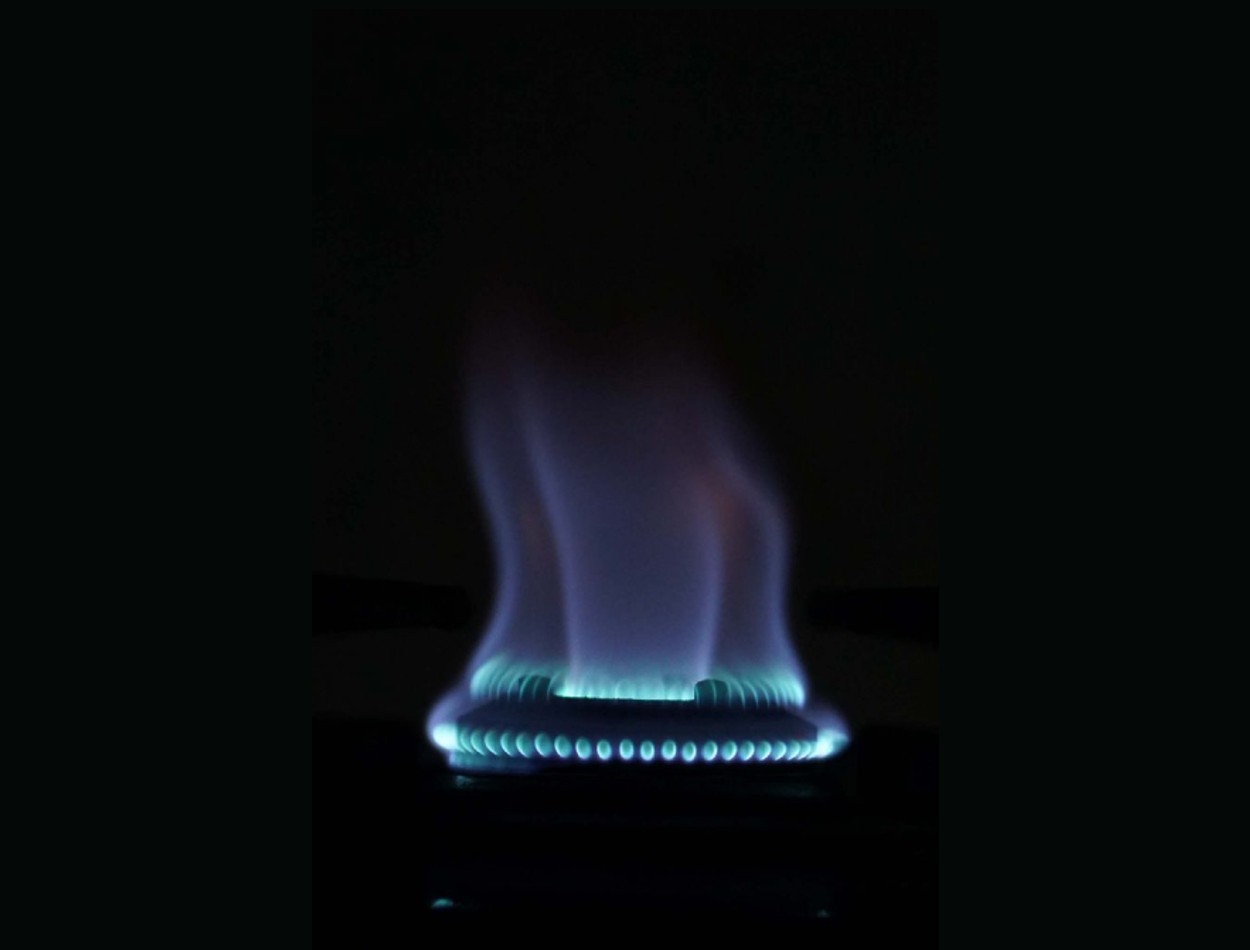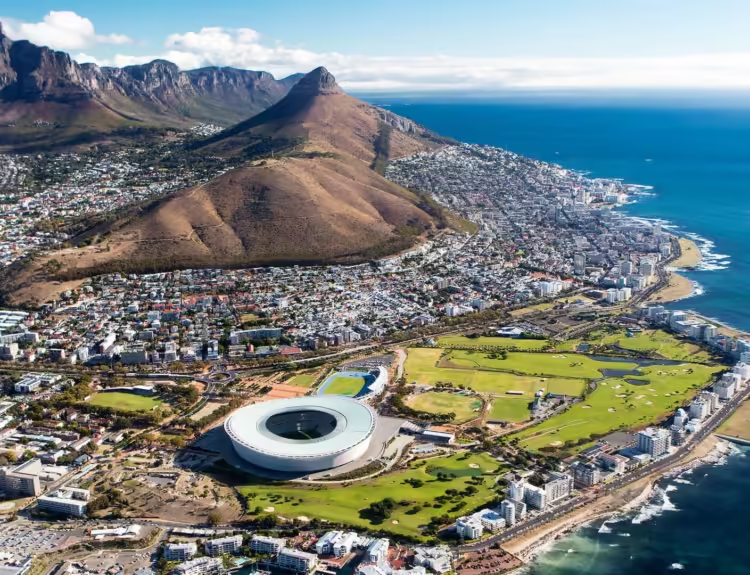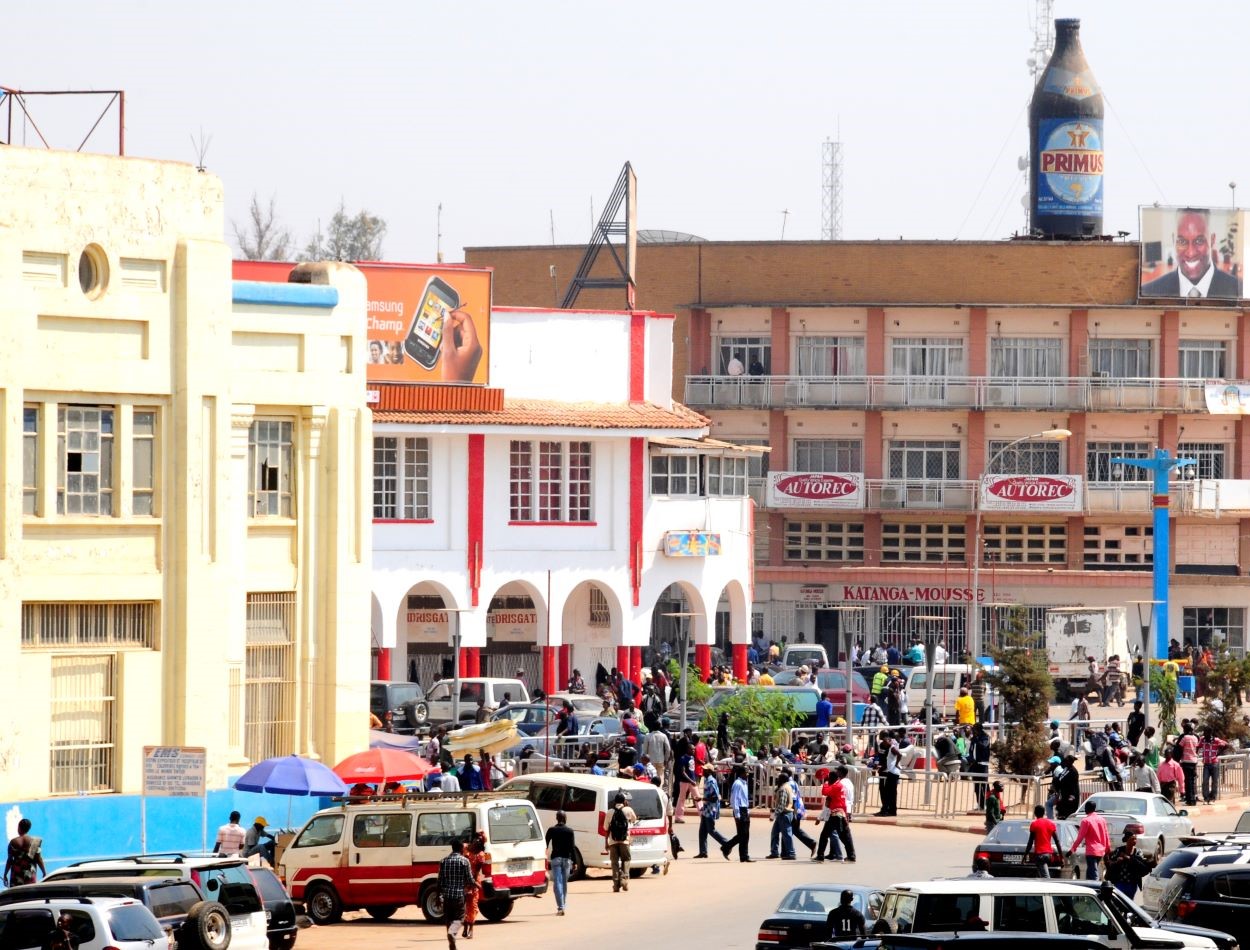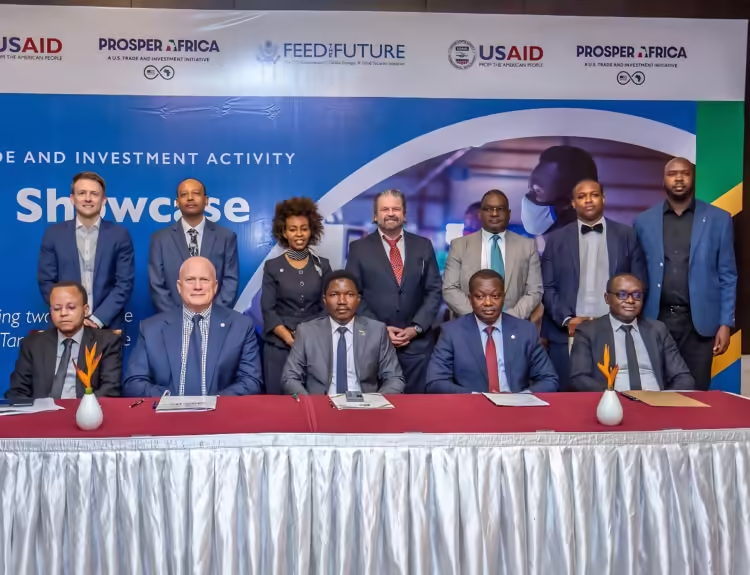Mozambique is set to become the fourth-largest LNG producer in the world with an estimated 30 million tonnes of production.
Since starting production in 2022, the country’s GDP has expanded by 6%–highlighting Maputo’s future as a major energy producer.
In recent years, the southern African nation has emerged as a lucrative offshore gas producer, attracting major players like Eni and Total. However, the Islamic militants in the country’s north have disrupted activities in major exploration areas.
The Southern African Development Community (SADC) deployed regional military forces to fight the militants, scoring little gains by repelling the terrorists. Rwanda also contributed its forces to help stablise the situation.
The Eni-led Coral Sul FLNG project delivered its first cargo in 2022, setting the stage for the country to become a major player in the global gas market.
“Mozambique has huge potential when it comes to natural resources, and when it comes to gas, this potential is even higher. We operate Coral in Mozambique and it is a clear example of the role of gas. Coral was the first FLNG in ultra-deepwater worldwide.”
said Marica Calebrese, Eni Rovuma Basin managing director.
“The impact of this project on the country is huge. In 2023, the GPD of the country increased by 6% – half of this growth was related to the sale of gas from Coral.”
Marica Calebrese
Mozambique and Angola are on track to become major global suppliers as new projects bolster output. Angola is ramping up its dominance in the gas market.
In 2023, Angola witnessed a 14% year-on-year growth in LNG exports, indicating that the African continent could play a significant role in energy exports in the next decades.
The country plans to use 25% of its production for domestic needs, with plans already in place to build local supply lines to help local companies access cheap and reliable energy. Already, there is a pipeline being built with the rest of the infrastructure expected to be complete shortly.

LNG infrastructure
The expansion of Angola’s LNG infrastructure will open more opportunities to local firms and spur economic growth. Other African countries with economically viable LNG include Nigeria, Algeria, Ghana, and Tanzania.
Tanzania has not yet started exporting LNG but there were plans to build a pipeline from the southern part of the country to neighboring Kenya. The two governments have since gone silent on the project.
Natural gas stands to support electrification and industrialization in Africa if the right investment is directed toward domestic infrastructure. Ghana – with 1.7 trillion cubic feet of gas reserves – has a gas processing plant that produces 240,000 tons of LPG and 46,000 tons of condensate in about 15,000 tons of isopentane.
Africa’s slow economic take-off has been blamed on the high cost of production and operations. One of the main causes of the high production costs is energy.
While Africa has energy exporters across the continent, intra-continental infrastructure to transport oil and gas has been lacking–leading to millions missing the economic benefits of the natural resources.
Top 10 LNG exporters in Africa
- Algeria
- Nigeria
- Egypt
- Mozambique
- Angola
- Equatorial Guinea
- Cameroon
- Mauritania
- Djibouti
- Tanzania






